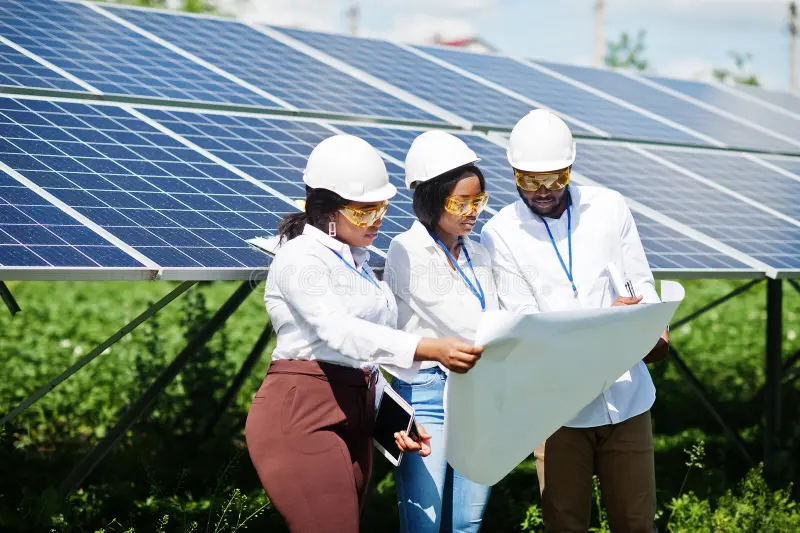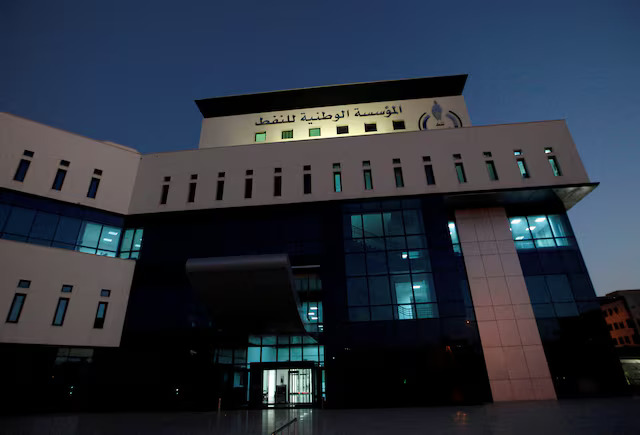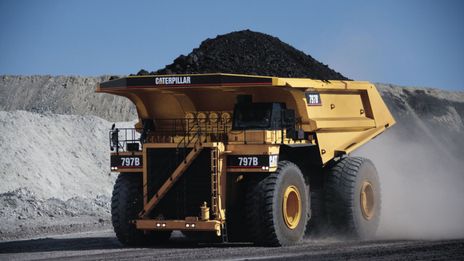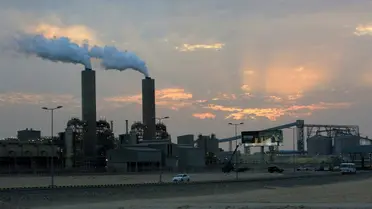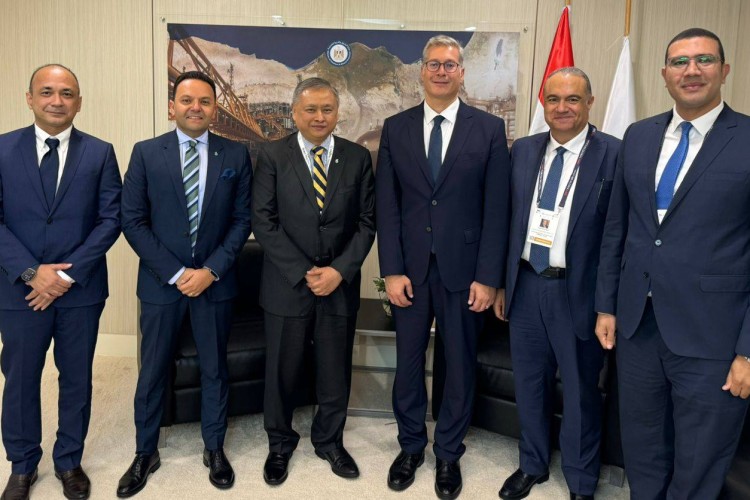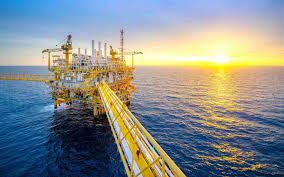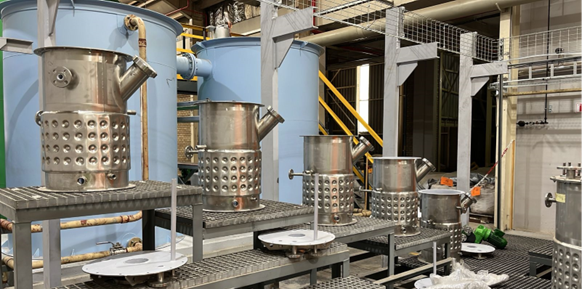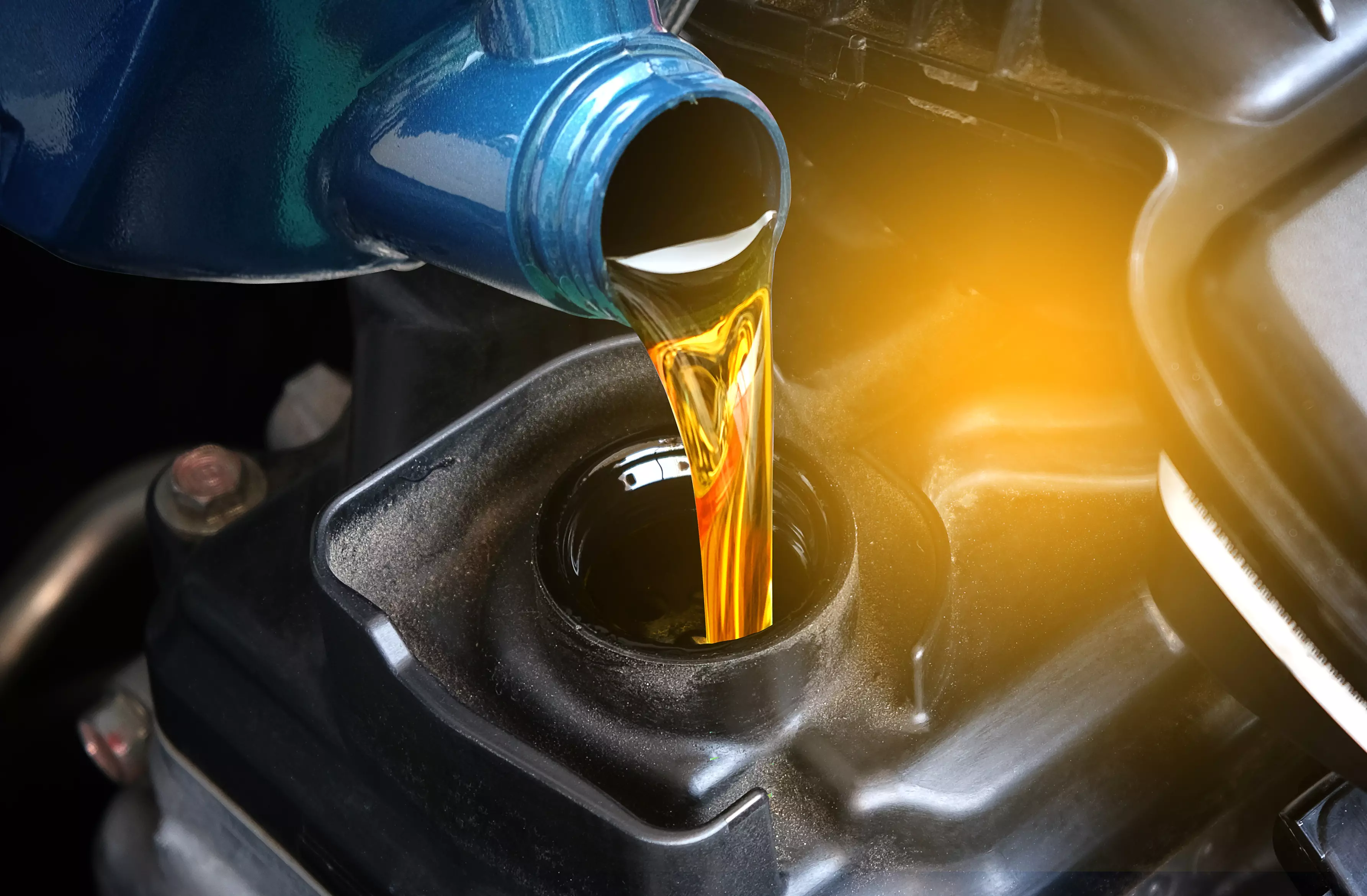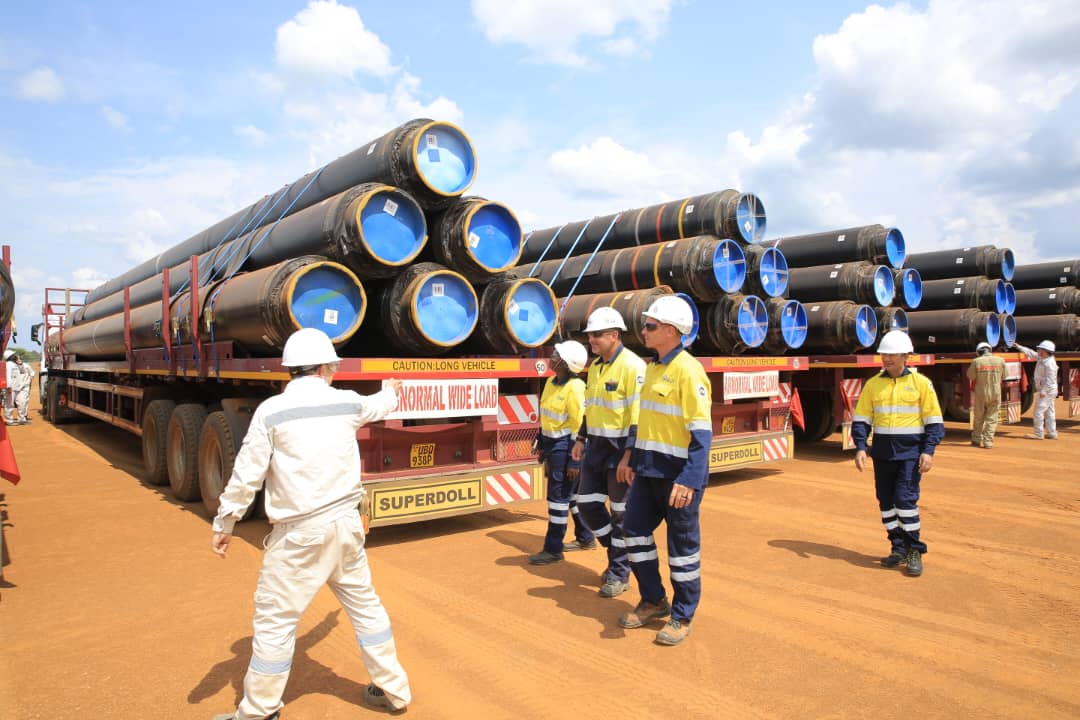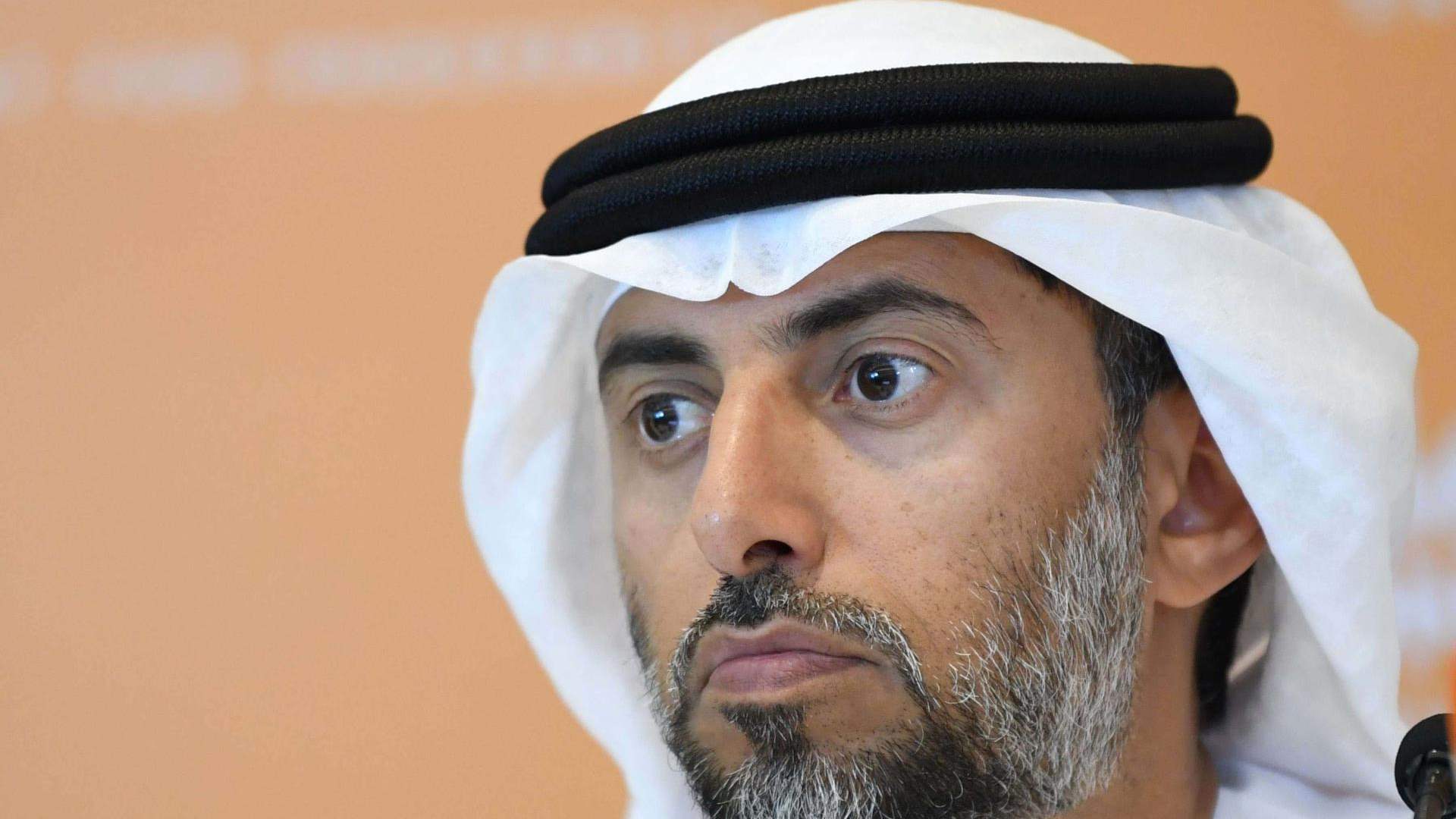Distribution

Opec+ and UAE on tenterhooks over Lukoil sanctions
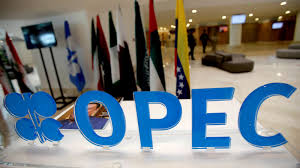
November 21 has been a marked day in the diaries of oil traders and strategists ever since President Trump announced new sanctions on Russia last month.
That is when Washington ends the wind-down period and enforces its decision to place Rosneft and Lukoil, the two largest pillars of Russia’s energy sector, on the US specially designated list.
Very few in the market believe the deadline is immovable. Already, there have been carve-outs, exceptions and extensions, and it would probably take only a sweet-talking phone call from President Putin to persuade Trump to back off completely.
Trump has already demonstrated flexibility by granting Hungary a bespoke exemption on Russian oil and gas after a direct appeal from prime minister Viktor Orbán, and quietly given the green light to Bulgarian and Moldovan moves to mitigate the damage from the looming sanctions.
But Europe is basically a sideshow in the latest round of Ukraine-related energy shocks. Its refineries and pipelines matter less than the wider geoeconomics.
The real effects will be felt in global supply balance, in the internal dynamics of Opec+, and in the global commodities trading centres.
It is in that murky world of oil trading that the UAE could find itself under a global spotlight.
Targeting Rosneft and Lukoil is a much more aggressive move than any of the sanctions taken under President Biden, in theory taking 4-5 million barrels off the market at a stroke.
If accompanied by a secondary sanctions regime against big buyers like India and China, it will disrupt the financing, discounting and logistics that have kept Russia’s wartime economy afloat.
Opec+ faces awkward new reality
This places Opec+ – which has hitherto operated effectively under the joint stewardship of Saudi Arabia and Russia – in an awkward new reality.
Saudi Arabia, the UAE and possibly Iraq hold the only meaningful spare capacity which can be swiftly deployed if Russian exports are hit.
But if they fill the gap too enthusiastically, they risk undermining prices at a moment when Gulf producers are prioritising fiscal strength and investment stability. If they hold back, markets tighten, triggering displeasure in Washington and worsening energy inflation.
Either path tests the cohesion of Opec+. A Russia that cannot freely export is not the same strategic partner it was when Opec+ was conceived. The consequences of that shift may unfold gradually, but they are potentially serious.
A parallel drama is playing out in the Dubai Multi Commodity Centre free zone, which has become an important hub for Russian-linked commodity trading. Lukoil’s international trading business in the region has historically operated through Litasco Middle East in DMCC.
As sanctions pressure has increased, activity has migrated into Alghaf Marine DMCC, a new entity initially licensed for maritime services and later cleared to trade crude and refined products.
UAE’s delicate position
When Alghaf itself was sanctioned by Western authorities this autumn, the move confirmed that Lukoil’s trading network was being reconfigured at speed, spinning out new entities and relocating desks to stay marginally ahead of enforcement. New corporate structures are already in preparation, observers say.
This has placed the UAE in a delicate position. DMCC is a licensing jurisdiction, not a regulatory body. It does not police trading behaviour or conduct granular sanctions screening on behalf of counterparties.
That is left to the UAE Central Bank and the Securities and Commodities Authority. These bodies have generally observed UN sanctions, but been less rigorous in applying US or European measures.
As a result, Dubai now finds itself with several entities on Western sanctions lists that nevertheless hold valid UAE registrations.
Since Gunvor’s attempted bid to buy Lukoil’s international business was blown out of the water with one “Kremlin puppet” statement from the US treasury, there is reported interest from Western private equity firms, including the Carlyle Group, in acquiring parts of Lukoil’s downstream and trading portfolio.
There is also a quieter line of speculation, circulating in trading circles, that the UAE, with its combination of capital, strategic relationships and ambitions in global energy, could emerge as a potential participant in any orderly restructuring or acquisition process for Lukoil’s international assets.
Such involvement – by no means assured at this stage – does not indicate political alignment with Moscow. Rather, it reflects Abu Dhabi’s growing appetite for strategic assets and its increasingly central role in global commodity flows.
Regardless of the wider Trump sanctions, a ball has been set rolling on Lukoil that is being closely followed in both Dubai and Abu Dhabi.
What happens next will test not only Russia’s resilience but also the UAE’s balancing act between openness, opportunity and the global sanctions machine.
Frank Kane is Editor-at-Large of AGBI and an award-winning business journalist. He acts as a consultant to the Ministry of Energy of Saudi Arabia.



